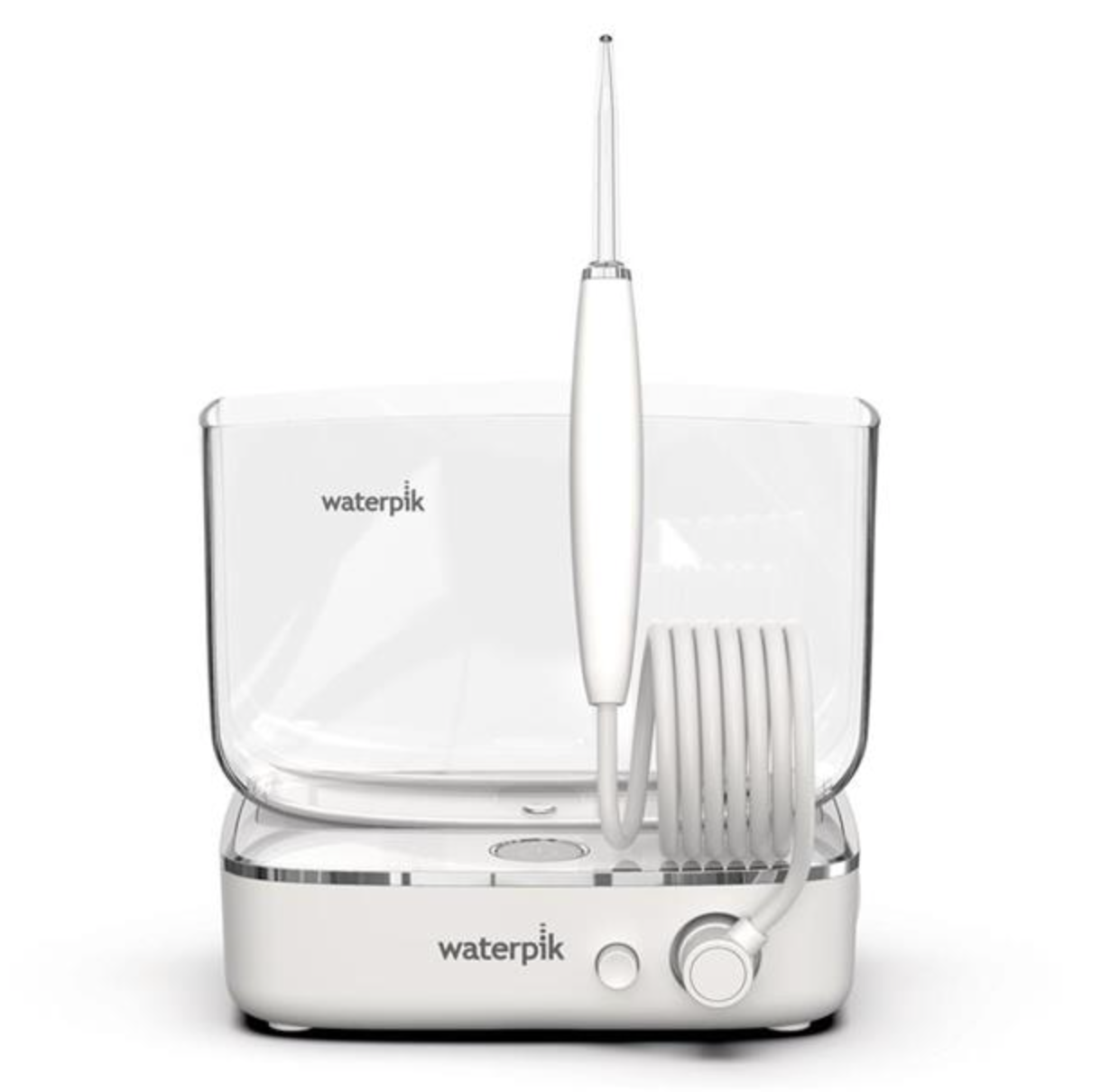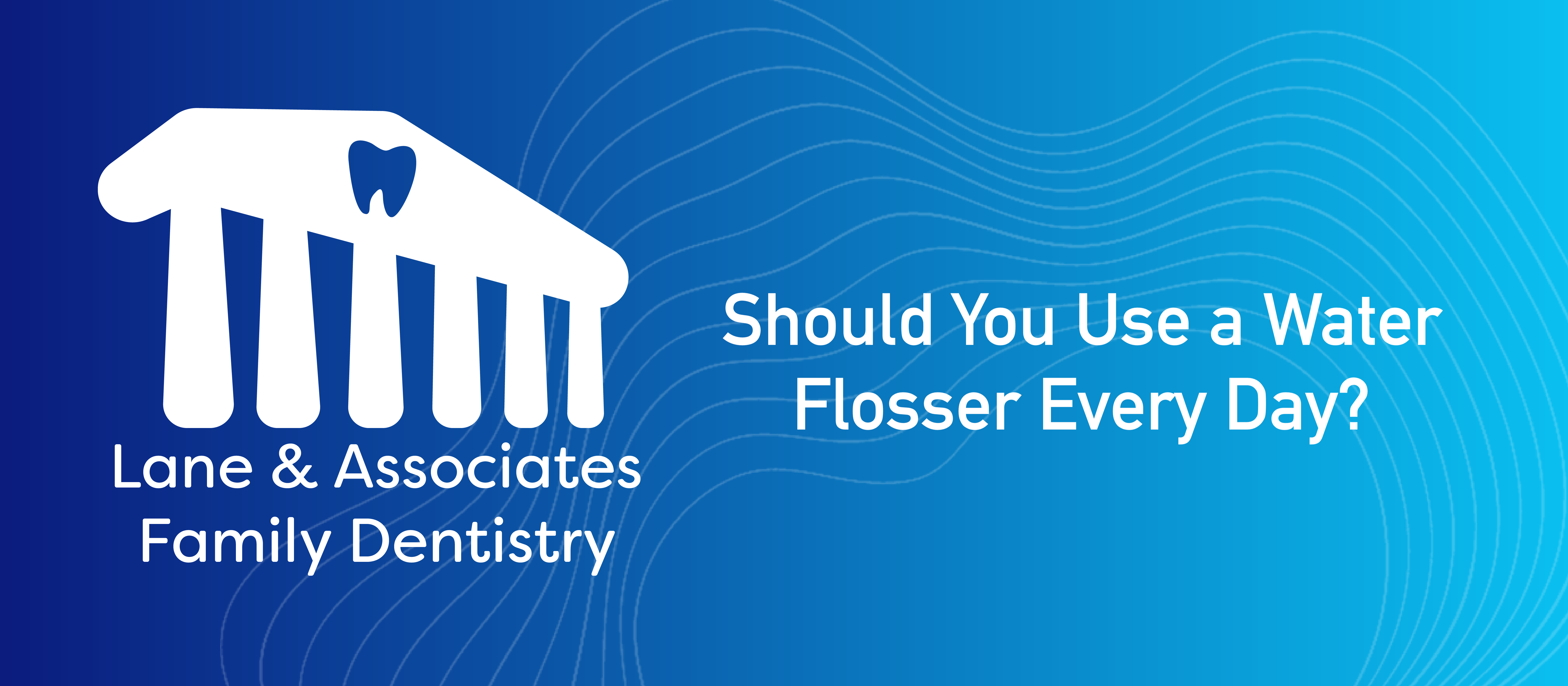A water flosser is a device that uses a stream of water to clean between teeth and along the gum line. They are a popular alternative to traditional flossing and are marketed as being more effective and easier to use. The question remains: should you use a water flosser every day?

For the average person, using a water flosser once every day can greatly improve oral health as it will remove plaque at the gums that has built up over the course of the day. This article will explore the benefits of water flossing, considerations before using a water flosser every day, and guidelines for safe and effective water flossing.
The Benefits of Water Flossing
- Improved Oral Hygiene: Water flossing has been shown to improve oral hygiene by removing plaque and food particles from between teeth and along the gum line.
- Removal of Plaque and Food Particles: The high-pressure stream of water in a water flosser effectively removes plaque and food particles that can contribute to tooth decay and gum disease.
- Convenience and Ease of Use: Water flossers are easy to use and can be a convenient alternative to traditional flossing, especially for those with mobility issues or braces.
Considerations Before Using a Water Flosser Every Day
Before using a water flosser every day, it’s important to consider:
- Individual Needs and Preferences: Everyone’s oral hygiene needs are different. It’s important to assess your own needs and preferences before deciding on a daily water flossing routine.
- Gum Sensitivity and Health: If you have sensitive gums or a history of gum disease, you may need to use a water flosser less frequently or with a lower pressure setting.
- Presence of Dental Work or Orthodontics: If you have dental work or orthodontics, it’s important to consult with your dentist before using a water flosser. Some types of dental work, such as bridges or implants, may not be suitable for water flossing.
Guidelines for Safe and Effective Water Flossing
- Recommended Frequency and Duration of Use: It’s generally safe to use a water flosser once or twice a day for two minutes at a time.
- Correct Technique for Water Flossing: Hold the water flosser tip at a 45-degree angle to the teeth and gums and aim the stream of water directly at the gum line. Move the tip slowly along the gum line, allowing the water to flush out any debris.
- Adjusting Water Pressure: Most water flossers have adjustable pressure settings. It’s important to start with the lowest setting and gradually increase the pressure as needed.
Alternative Oral Hygiene Methods
If you’re not sure whether a water flosser is right for you, there are other oral hygiene methods to consider, such as:
- Traditional Flossing: Traditional flossing remains an effective way to remove plaque and food particles from between teeth.
- Interdental Brushes: Interdental brushes are small, cone-shaped brushes that can be used to clean between teeth.
- Mouthwash: Mouthwash can help kill bacteria and freshen breath, but it’s not a substitute for regular brushing and flossing.
Conclusion
In conclusion, using a water flosser every day can be a safe and effective way to improve oral hygiene. However, it’s important to consider individual needs and preferences, gum sensitivity and health, and the presence of dental work or orthodontics before incorporating a daily water flossing routine. If you’re unsure, it’s always best to consult with your dentist for personalized recommendations.
Contact Lane and Associates For Assistance!
If you’re located in North Carolina and are looking for a dentist that can assist you with your oral hygiene, contact Lane and Associates Family Dentistry today! Our experienced team is here to help you achieve optimal oral health. We offer general, restorative, and cosmetic dentistry services to suit your needs.
Contact us today for more information or to schedule an appointment! We look forward to helping you improve your oral hygiene with a personalized care plan.


